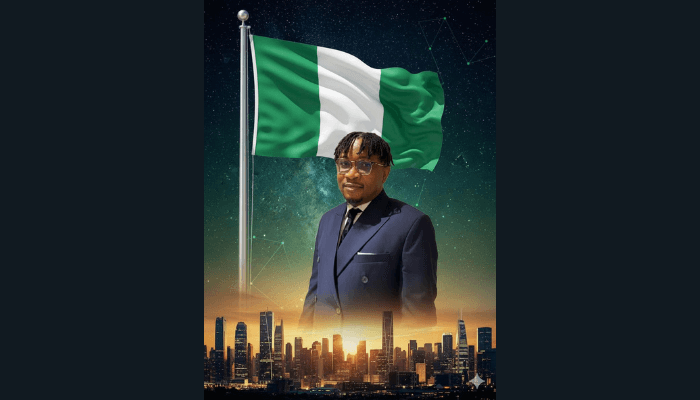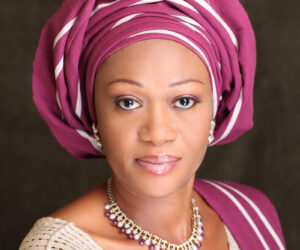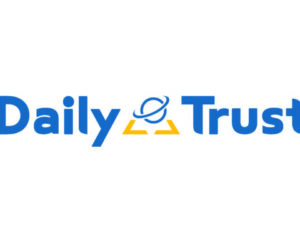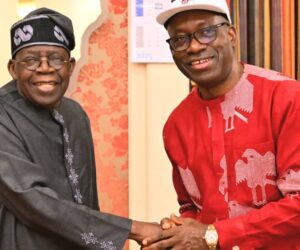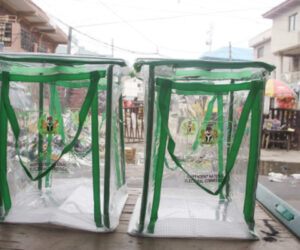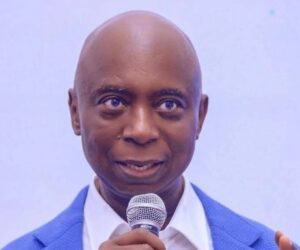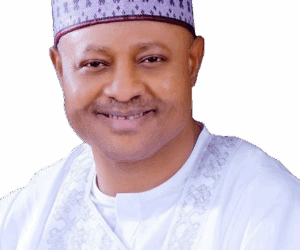Fellow Nigerians,
It is that time of the year where we mark yet another Independence Day. It is both a blessing and a burden to be alive and to live through another chapter in our national story. We gather in ceremony and celebration, with flags, parades and speeches across states and, of course, in Abuja. But beyond the festivity, it is truly a day we need to ask ourselves, what kind of independence have we truly gained?
Please, do not misconstrue this to be an attempt to diminish our sovereignty, but a necessary question for a people who must look honestly at their journey. At independence, our aspirations were simple and noble: that Nigerians would govern themselves, manage their own resources, and build institutions that served the people. Self-rule was supposed to mean more than flag-waving; it was meant to deliver education, health, security, food, justice and opportunity. But if we judge our progress by these standards, can we honestly say that independence has translated into meaningful freedom for the average Nigerian?
Indeed, we declared ourselves free from British colonial rule in 1960, and ever since, we have governed ourselves. Yet freedom in name is hollow if it is not matched by freedom in substance, freedom from poverty, from disease, from insecurity, from ignorance. Self-governance without progress is a cruel joke.
Take the Nigerian economy, for instance; one of the clearest measures of progress is per capita income, which divides national output by population. Over the last decade, Nigeria has witnessed a shocking reversal. According to a recent media report, between 2014 and now, average per capita income has fallen from about US$3,223 to roughly US$877, a decline of nearly 73 percent. This collapse means that even as nominal GDP may grow, the average Nigerian is getting poorer. The World Bank places Nigeria at 146th out of 191 countries in GDP per capita, while the IMF has ranked us among the 12 poorest nations in the world by the same measure.
Behind these numbers is human suffering. More than 40 percent of Nigerians live below the national poverty line, representing over 82 million people, while multidimensional poverty, which combines deprivation in education, health, and living standards, affects over 63 percent of the population. Oxfam estimates that more than 112 million Nigerians live in poverty. This is staggering for a country that is Africa’s largest oil producer and one of the continent’s biggest economies. Independence, in this sense, has not translated into liberation from want.
Inequality further distorts the picture. The richest Nigerians have grown obscenely wealthy while millions remain trapped in destitution. The Gini coefficient stands at about 0.35, but beneath that statistic lies a brutal reality: the top 10 percent of Nigerians earn 42 percent of national income, while the top one percent alone earn thirty-seven times more than the bottom half combined. Studies suggest that inequality, more than unemployment or inflation, has driven the rise of poverty in Nigeria. Independence was meant to end exploitation, yet our own structures have entrenched it.
Education and health are equally grim indicators. Nigeria today has the highest number of out-of-school children in the world, with more than 10 million children of school-going age excluded. Those who are in school often face poor learning outcomes, with many unable to read or do basic arithmetic at the end of primary education. The World Bank estimates that a child born in Nigeria today will be only 36 percent as productive as they could be with access to quality education and health, the seventh lowest figure globally.
In healthcare, the statistics are just as damning. Public health spending remains only about four percent of GDP. Life expectancy is among the lowest in the world, and preventable diseases continue to claim thousands of lives. Outbreaks like diphtheria, which recently caused more than 1,200 deaths, expose systemic vulnerabilities. Millions of Nigerians are pushed into deeper poverty each year because they must pay catastrophic medical bills out-of-pocket. These are not markers of a nation that has truly freed itself.
Food security is another test of sovereignty, and here again we fail. Despite vast arable land and a favourable climate, nearly 31 million Nigerians are experiencing acute food insecurity this year, according to the United Nations. Agriculture contributes about 23 percent of our GDP, but productivity per hectare is low, post-harvest losses are enormous, and insecurity continues to drive farmers off their land. Inflation, currency instability, and poor infrastructure compound the crisis. In a land where the soil could feed the continent, hunger has become widespread.
And then there is insecurity. No measure of freedom is meaningful if citizens live in fear of violence. From insurgency in the northeast to banditry in the northwest, herder-farmer clashes in the middle belt, kidnappings in the south, and robberies everywhere in between, insecurity is a national plague. Millions have been displaced, livelihoods destroyed, and communities left at the mercy of armed groups. This is not the freedom our founding fathers envisioned.
Governance and corruption remain the greatest betrayals of independence. At independence, the promise was leadership with integrity. But for decades, our leaders have squandered resources and mortgaged the future. Oil revenues that should have transformed our infrastructure, schools, and hospitals have too often been stolen or mismanaged. Institutions meant to safeguard accountability are weak, and political office has too often become a vehicle for private enrichment rather than public service. We claim the privilege of making our own decisions, but too often those decisions benefit the few at the expense of the many.
Taken together, these failures reveal a sobering truth: we are independent in name, but in substance we remain shackled. No colonial governor rules us today, but poverty, ill health, hunger, violence, and corruption bind millions in chains as real as those of the past. The tragedy of our independence is that while the Union Jack no longer flies over our soil, too many Nigerians live lives as limited and precarious as they did under foreign rule.
Yet this need not be the final word. If independence is to mean anything, we must act to redeem it. That means reorienting the economy to deliver inclusive growth, investing in value-added industries rather than exporting raw materials, supporting small and medium enterprises, and stabilising our macroeconomic environment. It means deep reforms in education and health: making learning outcomes, not just enrollment, the priority; expanding universal health coverage; and investing in early childhood nutrition and care. It means strengthening social safety nets and redistributive mechanisms so that inequality does not hollow out society. Above all, it means confronting corruption and insecurity with seriousness, rebuilding trust in public institutions, and enforcing the rule of law.
Independence is not merely for leaders. Citizens, too, must demand accountability, resist the lure of ethnic and religious politics, and engage actively in civic life. Independence without responsibility is a betrayal of our own destiny. Our media, civil society, and institutions must act not as cheerleaders for power but as watchdogs for the people.
As we raise our flags and sing our anthems, let us not deceive ourselves. We cannot keep celebrating rituals while the substance of independence remains elusive. This day should be a call to conscience, not a comfort for complacency. If we want the next 65 years to be different from the last, we must build a Nigeria where independence is felt in the classroom, the hospital, the farm, the market, and the home. We must build a country where freedom is not just the absence of colonial rulers, but the presence of justice, dignity, opportunity, and prosperity for all.
So, fellow Nigerians, I ask again: what kind of independence did we truly gain? If the answer is only symbolic, then our task is to make it substantive. The flag will mean little until every Nigerian child can dream and every Nigerian adult can live with dignity. May God bless the Federal Republic of Nigeria, and may our independence one day be as real as we proclaim. Happy 65th Independence Anniversary.
Chukwuemeka Ezike is a public affairs commentator and analyst. A passionate Nigerian, he is committed to using his voice to challenge national complacency and inspire conversations that lead to accountability and progress

